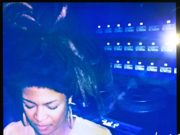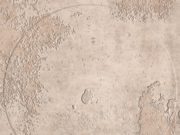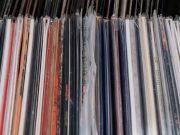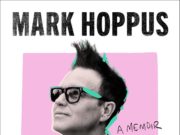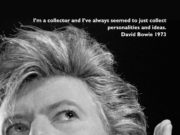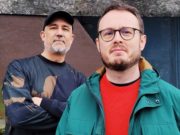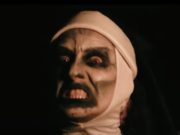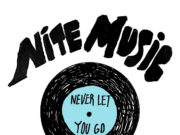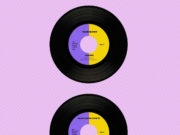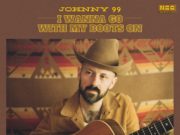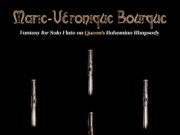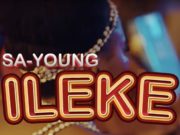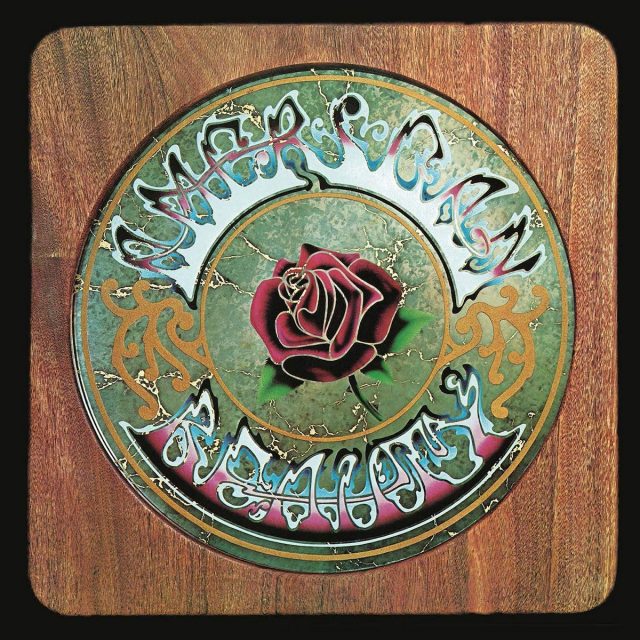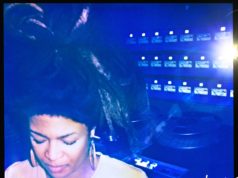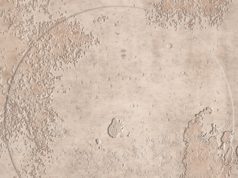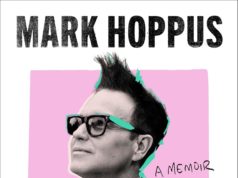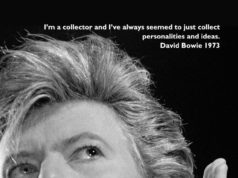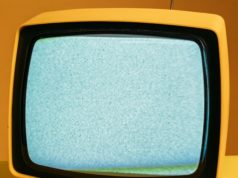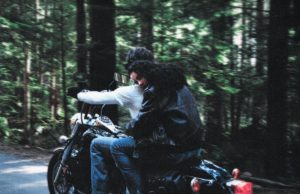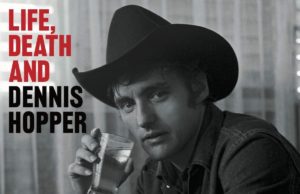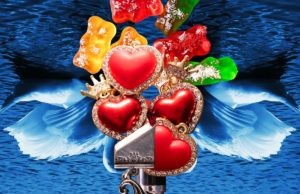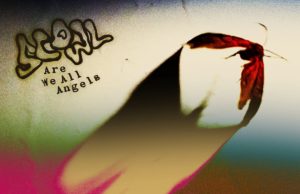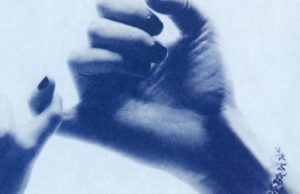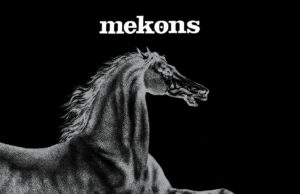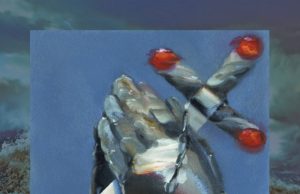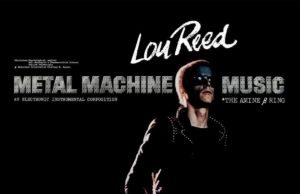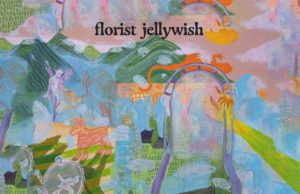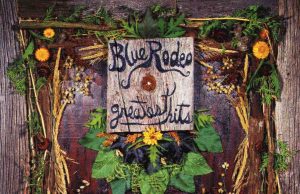THE EDITED PRESS RELEASE: “By any measure, 1970 was a high-water mark for The Grateful Dead. Hot on the heels of the incredible success of Workingman’s Dead that summer, the band returned in the fall with the equally stunning American Beauty. Those back-to-back classics not only introduced songs that would be a key part of the group’s live repertoire for decades, but they also opened a gateway into the world of The Grateful Dead for generations of Dead Heads. American Beauty will celebrate its 50th anniversary this year with two new releases.
The American Beauty: 50th Anniversary Deluxe Edition is a three-CD set that includes the original album with newly remastered audio, plus an unreleased concert recorded on Feb. 18, 1971 at the Capitol Theatre in Port Chester, NY. The show was mixed from the 16-track analog master tapes by Jeffrey Norman at Bob Weir’s Marin County TRI Studios and mastered by Grammy-winning engineer David Glasser. Also availble: The American Beauty: 50th Anniversary picture disc. A limited edition of 15,000 copies, it contains the newly remastered version of the original album.
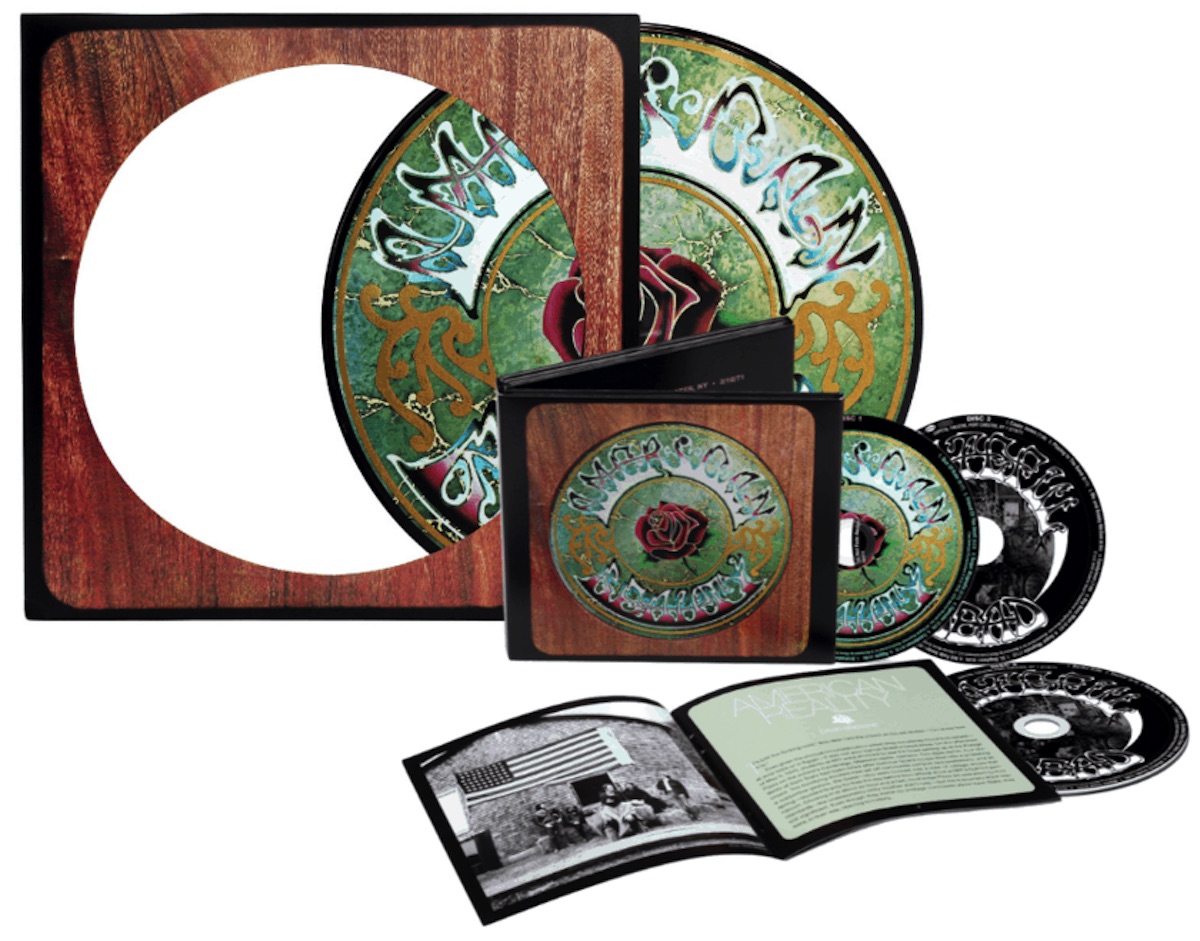
Jerry Garcia, Bob Weir, Ron “Pigpen” McKernan, Phil Lesh, Bill Kreutzmann and Mickey Hart recorded American Beauty in August and September 1970 at Wally Heider Studios in San Francisco with producer Stephen Quinn Barncard. When they entered the studio, Workingman’s Dead was still on the charts going strong. Such a quick followup on studio albums was unheard of for the band, and a feat they would never repeat. Equally shocking was the high level of craftsmanship exhibited by new songs like Friend Of The Devil, Sugar Magnolia, Truckin’ and Ripple. Today, it’s still considered to be one of the greatest albums ever made.
“It still boggles my mind to think of The Grateful Dead’s creative output in 1970. For any other band, catching lightning with an album as perfect and excellent as Workingman’s Dead is a once-in-a-lifetime achievement. The Dead, however, followed up just a few months later with an album that virtually every Dead Head considers its equal. Ten songs, nearly all of which became cornerstones of the band’s live repertoire for the next 25 years. Today, 50 years on, these songs are still essential parts of the band members’ continuing live activities,” says David Lemieux, Grateful Dead archivist and the set’s producer. “The 50th Anniversary Deluxe Edition includes one of the first, and best, live performances of 1971, just a couple of months after the release of American Beauty, and the five live debuts in the show demonstrate that the spectacular creativity of 1970 was no fluke. This was the new Dead, and we’re still tapping our feet and humming along to these songs 50 years later.”
American Beauty: 50th Anniversary Deluxe Edition includes the band’s previously unreleased live performance from February 18, 1971 at the Capitol Theatre, one of the most requested archival recordings in the Dead’s vault. On stage that night, the Dead debuted a whole new batch of songs, five in all: Wharf Rat, Playing In The Band, Bertha, Greatest Story Ever Told and Loser. Fans were also treated to a few standbys from the previous decade, including St. Stephen and an inspired Dark Star jam that led into Wharf Rat and back to Dark Star. Notably, keyboardist Ned Lagin (who played piano on Candyman on American Beauty) sat in with the band for the show.
In the set’s liner notes, So Many Roads author David Browne recounts the history surrounding the album and dives deep into the making of this masterpiece. He writes: “American Beauty was, at heart, a beautifully made record. The interplay of rippling piano, vocal harmonies, and slide guitar in Brokedown Palace was unlike anything they had created before, even on Workingman’s Dead. Thanks to Barncard’s expertise with recording acoustic instruments, Ripple, perhaps [Robert] Hunter and Garcia’s most meditative song, had a country-stream clarity. Friend Of The Devil — a Hunter, Garcia, and John “Marmaduke” Dawson tale of an on-the-run rogue that almost ended up with Dawson’s New Riders Of The Purple Sage — had the same crispiness. (Both tracks also benefited from overdubbed mandolin parts from David Grisman.)”


